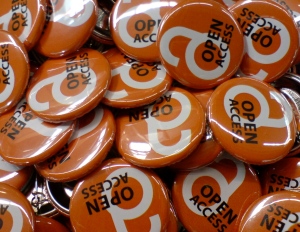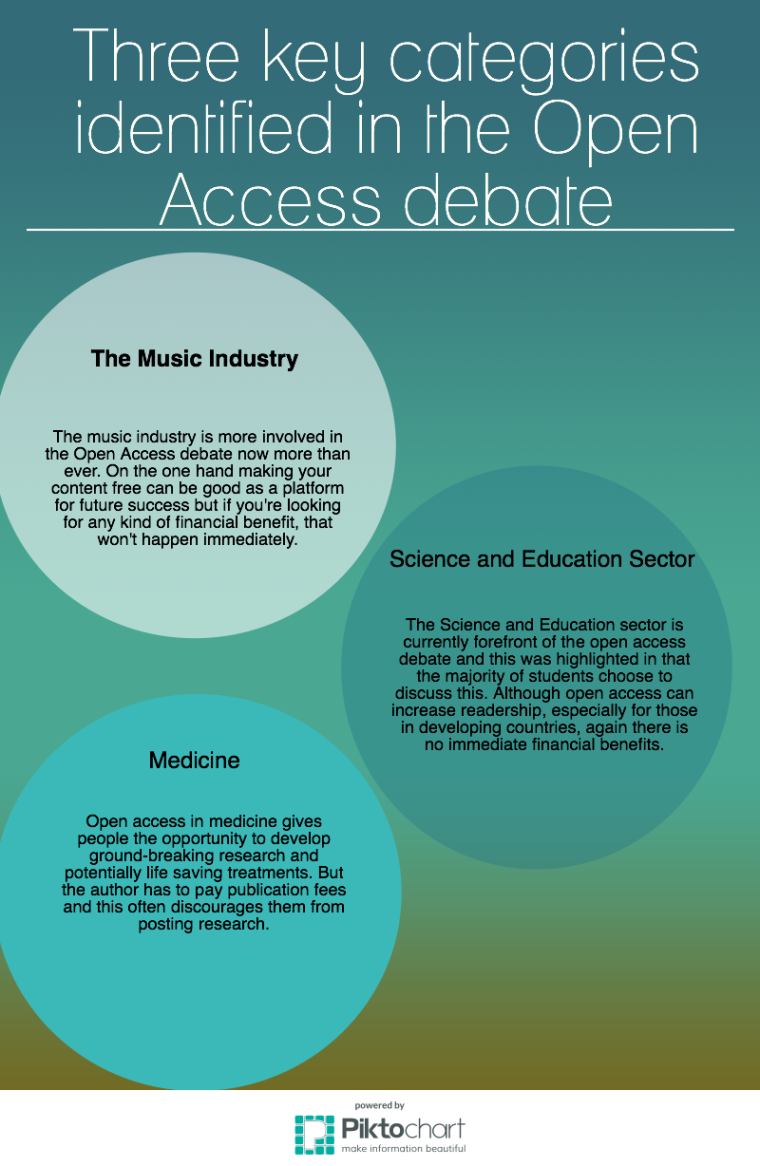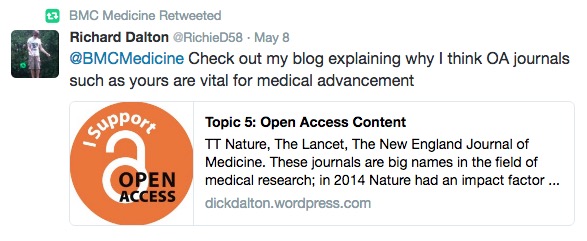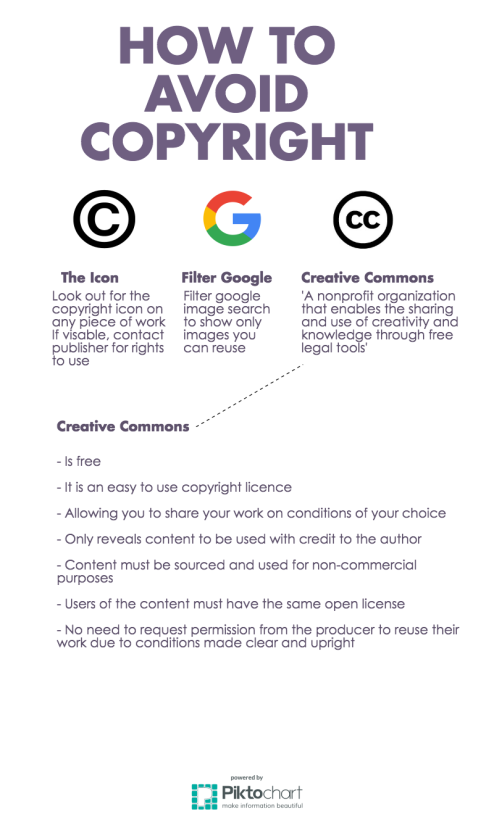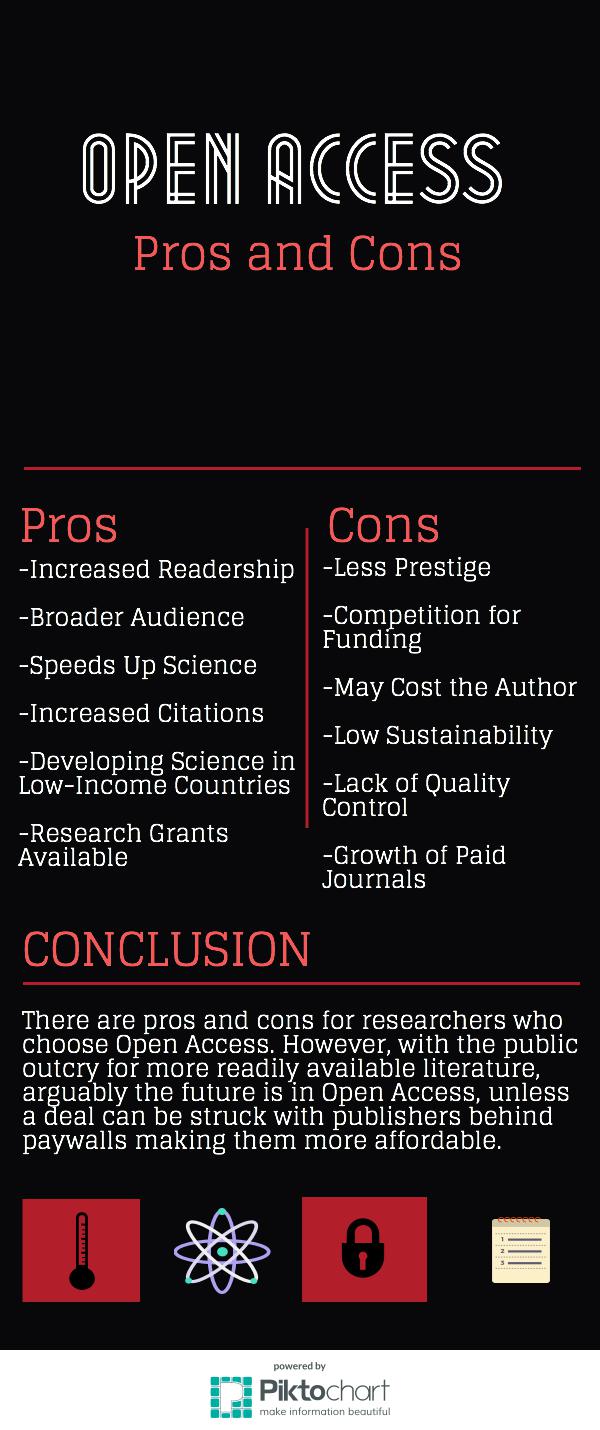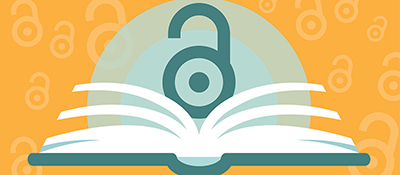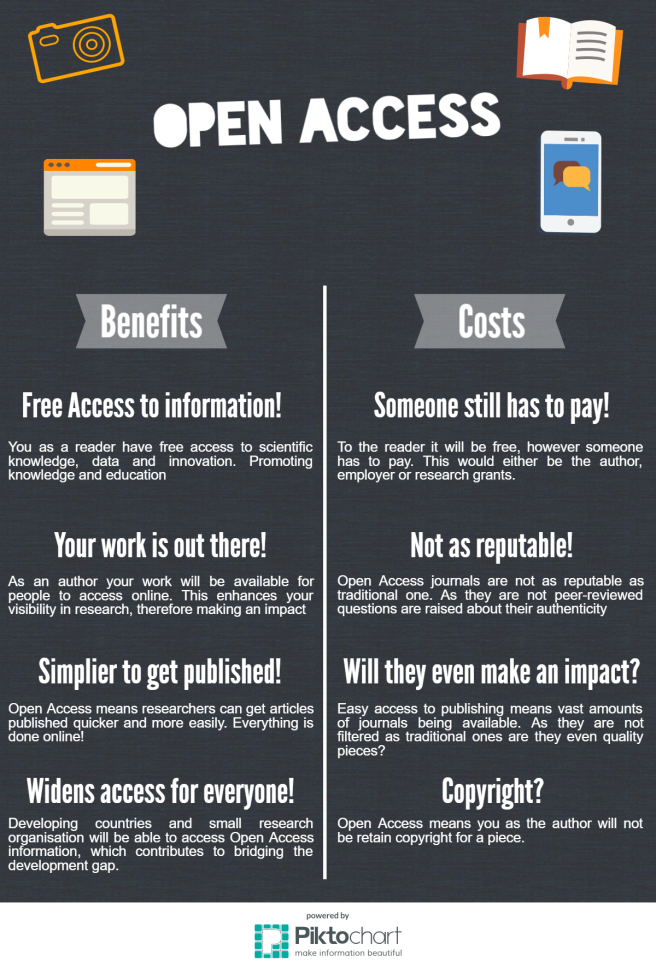
Topic 5: Reflection
Having just submitted my dissertation research proposal, topic five couldn’t have come at a more suitable time. The pains of the open access debate to a student at university like me are difficult to ignore as Miss CEO mentioned in her comment on my blog.
In my case, I am lucky that when I find restricted articles the university has usually paid for the journal subscription on behalf of students and I have no problem.
Continue reading →

